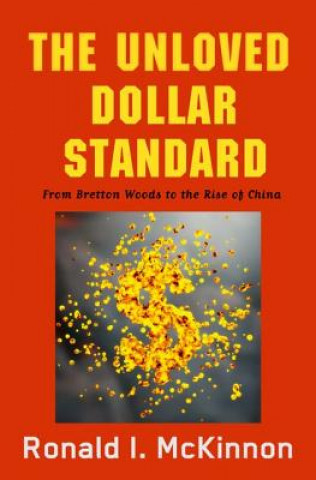
Kód: 01243496
Unloved Dollar Standard
Autor Ronald I McKinnon
The world dollar standard is an accident of history that greatly facilitates international trade and exchange-even trade not directly involving the United States. Since 1945, the dollar has been the key currency for clearing inter ... celý popis
- Jazyk:
 Angličtina
Angličtina - Vazba: Pevná
- Počet stran: 240
Nakladatelství: Oxford University Press Inc, 2013
- Více informací o knize

Mohlo by se vám také líbit
-
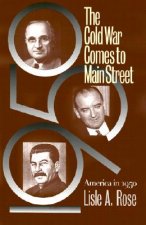
Cold War Comes to Main Street
1808 Kč -

World Film Locations: Chicago
888 Kč -

Heart of Darkness
4450 Kč -

Electrochemical Synthesis of Inorganic Compounds
5094 Kč -

Sarcomere and Skeletal Muscle Disease
5094 Kč -

Forderprogramme der EU
999 Kč
Dárkový poukaz: Radost zaručena
- Darujte poukaz v libovolné hodnotě a my se postaráme o zbytek.
- Poukaz se vztahuje na celou naši nabídku.
- Elektronický poukaz vytisknete z e-mailu a můžete ihned darovat.
- Platnost poukazu je 12 měsíců od data vystavení.
Více informací o knize Unloved Dollar Standard
Nákupem získáte 215 bodů
 Anotace knihy
Anotace knihy
The world dollar standard is an accident of history that greatly facilitates international trade and exchange-even trade not directly involving the United States. Since 1945, the dollar has been the key currency for clearing international payments among banks including interventions by governments to set exchange rates, the dominant currency for invoicing trade in primary commodities, and the principal currency in official exchange reserves. Although the strong network effects of the dollar standard greatly increases the financial efficiency of multilateral trade, nobody loves it. Erratic U.S. monetary and exchange rate policies have continually made foreigners unhappy. A weak and falling dollar led to the worldwide price inflations of the 1970s and contributed to the disastrous asset bubbles and global credit crisis of the noughties - including the global credit crunch of 2008-09. Dollar weakness aggravated the postwar world's three great oil shocks in 1973, 1979, and 2007-08. After 2008, the U.S. Federal Reserve Bank's policy of keeping short-term interest rates near zero and out of alignment with emerging markets on the dollar standard's periphery, makes the international monetary system vulnerable to 'carry' trades: hot money inflows into the periphery that cause a loss of monetary control, commodity bubbles, and worldwide inflation . When these carry-trade bubbles suddenly unwind, they can result in huge swings in exchange rates and credit crunches. The asymmetrical nature of the dollar standard also makes many Americans unhappy because they cannot control their own exchange rate. Under the rules of the dollar standard game as explained in chapters 2 and 3 of this book, foreign governments may opt to set their exchange rates against the dollar while, to prevent conflict, the U.S. government typically does not intervene. Nevertheless, Americans often complain about how foreigners set their dollar exchange rates unfairly. Japan bashing in the late 1970s to the mid-1990s over the alleged under valuation of the yen, and China bashing in the new millennium over the alleged undervaluation of the renminbi, are two cases in point. Thus, while nobody loves the dollar standard, the revealed preference of both governments and private participants in the foreign exchange markets since 1945 is to continue to use it. As the principal monetary mechanism ensuring that international trade remains robustly multilateral rather than narrowly bilateral, it is a remarkable survivor that is too valuable to lose and too difficult to replace. This book provides historical and analytical perspectives on the different phases of the postwar dollar standard in order to better understand its resilience in spite of the great volatility in today's global monetary system.
 Parametry knihy
Parametry knihy
Zařazení knihy Knihy v angličtině Society & social sciences Politics & government International relations
2149 Kč
- Plný název: Unloved Dollar Standard
- Autor: Ronald I McKinnon
- Jazyk:
 Angličtina
Angličtina - Vazba: Pevná
- Počet stran: 240
- EAN: 9780199937004
- ISBN: 0199937001
- ID: 01243496
- Nakladatelství: Oxford University Press Inc
- Hmotnost: 542 g
- Rozměry: 243 × 166 × 19 mm
- Datum vydání: 28. March 2013
Oblíbené z jiného soudku
-

On Palestine
276 Kč -

Prisoners of Geography
276 Kč -
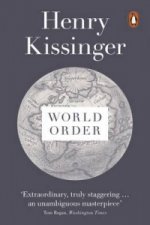
World Order
316 Kč -

International Relations, Global Edition
2702 Kč -

Grand Chessboard
557 Kč -
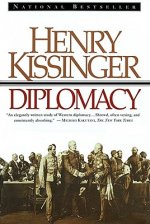
Diplomacy
462 Kč -
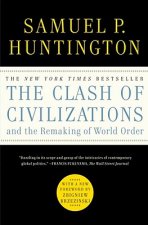
Clash of Civilizations and the Remaking of World Order
420 Kč -
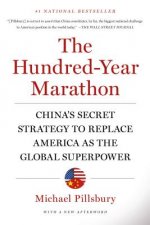
Hundred-Year Marathon
389 Kč -

The Spy and the Traitor
306 Kč -
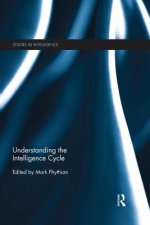
Understanding the Intelligence Cycle
1854 Kč -
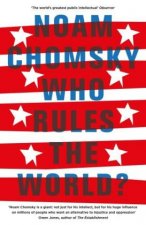
Who Rules the World?
316 Kč -
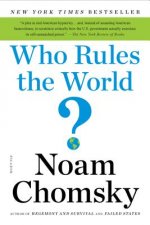
Who Rules the World?
286 Kč -
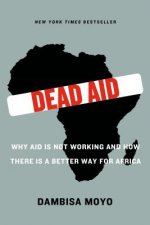
Dead Aid
433 Kč -
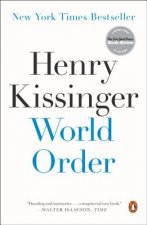
World Order
358 Kč -

Adults In The Room
358 Kč -

Legacy of Ashes
441 Kč -
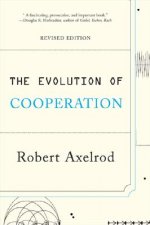
Evolution of Cooperation
474 Kč -
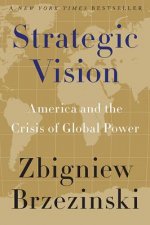
Strategic Vision
374 Kč -

Secret World
514 Kč -

Geopolitics and Geoculture
547 Kč -
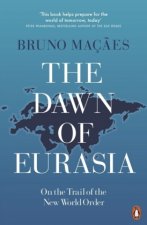
Dawn of Eurasia
303 Kč -
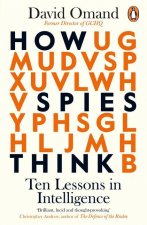
How Spies Think
306 Kč -

Gaza in Crisis
303 Kč -

Planetary Cycles Mundane Astrology
480 Kč -

OVERTHROW : AMERICA'S CENTURY OF REGIME
509 Kč -
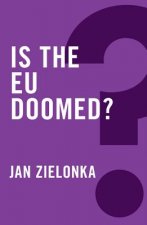
Is the EU Doomed?
616 Kč -

Directorate S
430 Kč -

Righteous Victims
671 Kč -

Europe's Border Crisis
1121 Kč -
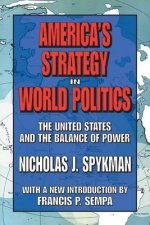
America's Strategy in World Politics
1749 Kč -

Destroying Libya and World Order
480 Kč -

My Nationalist Pony
871 Kč -

Critical Practices in International Theory
5172 Kč -

American Century and Beyond
474 Kč -
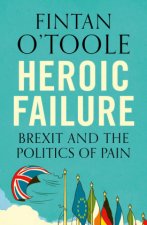
Heroic Failure
286 Kč -

Oxford Handbook of the European Union
1429 Kč -

Rise and Kill First
462 Kč -

PEACE TO END ALL PEACE
488 Kč -
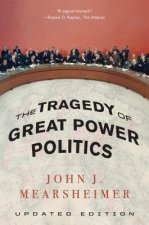
Tragedy of Great Power Politics
462 Kč -
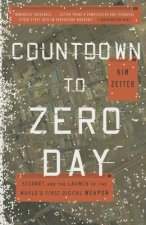
Countdown to Zero Day
384 Kč -

Revenge of Geography
418 Kč -
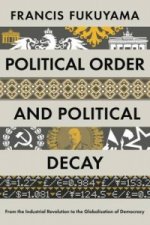
Political Order and Political Decay
420 Kč -
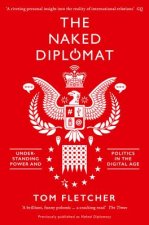
Naked Diplomat
357 Kč -

Against Our Better Judgment
311 Kč -
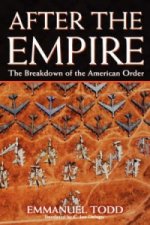
After the Empire
360 Kč -

Legacy of Ashes
645 Kč -
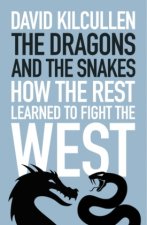
Dragons and the Snakes
794 Kč -

Oxford IB Diploma Programme: Global Politics Course Book
1456 Kč -

Emergency Sex (And Other Desperate Measures)
407 Kč
Osobní odběr Praha, Brno a 12903 dalších
Copyright ©2008-24 nejlevnejsi-knihy.cz Všechna práva vyhrazenaSoukromíCookies



 Vrácení do měsíce
Vrácení do měsíce 571 999 099 (8-15.30h)
571 999 099 (8-15.30h)